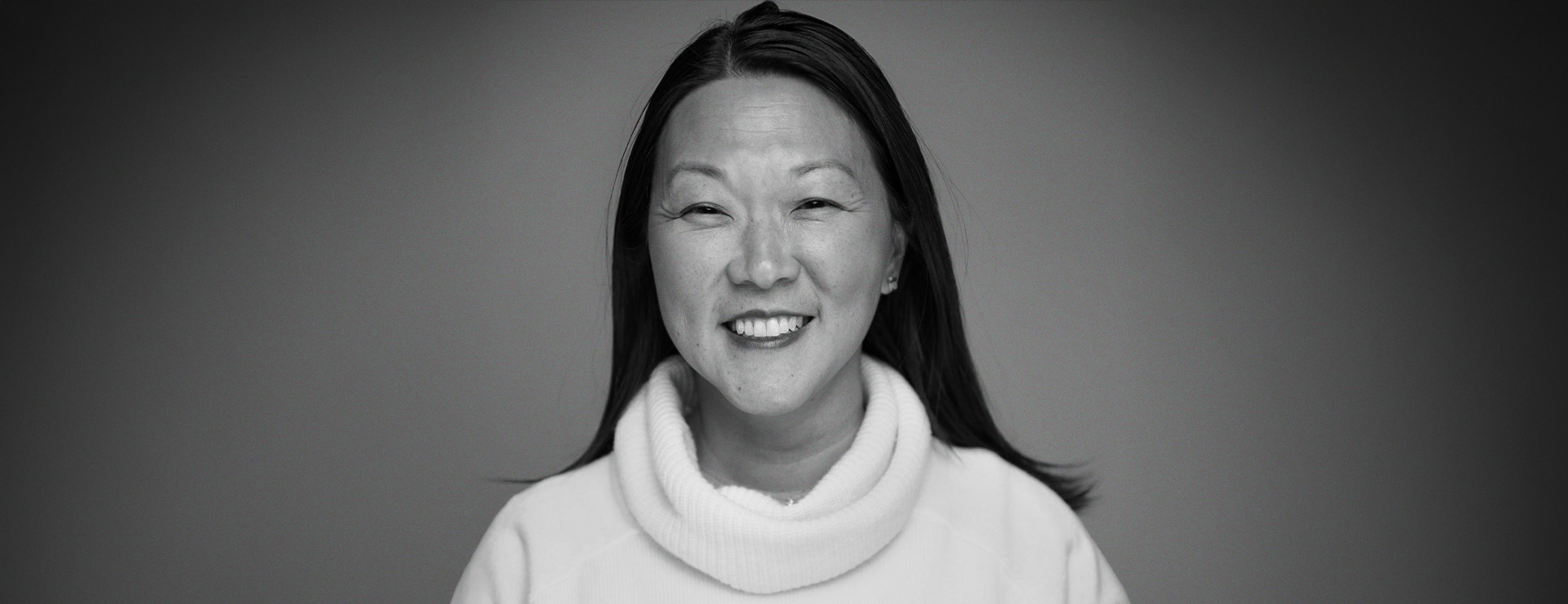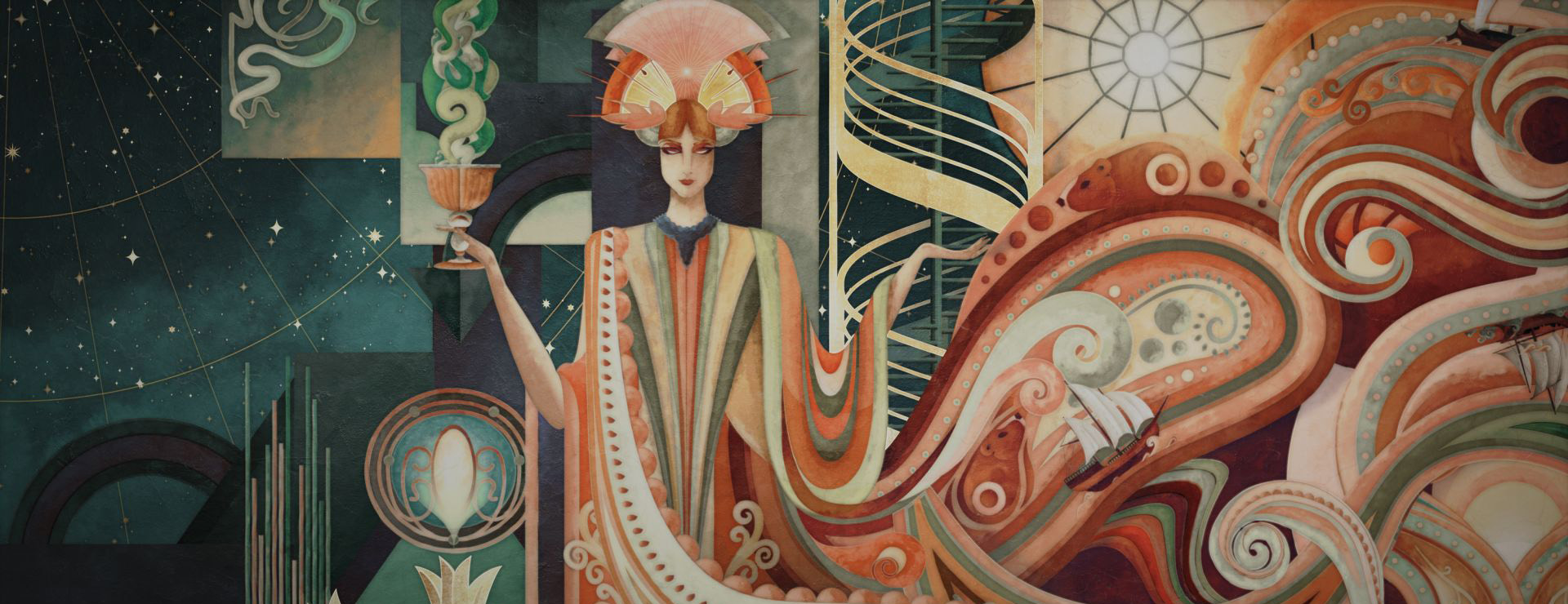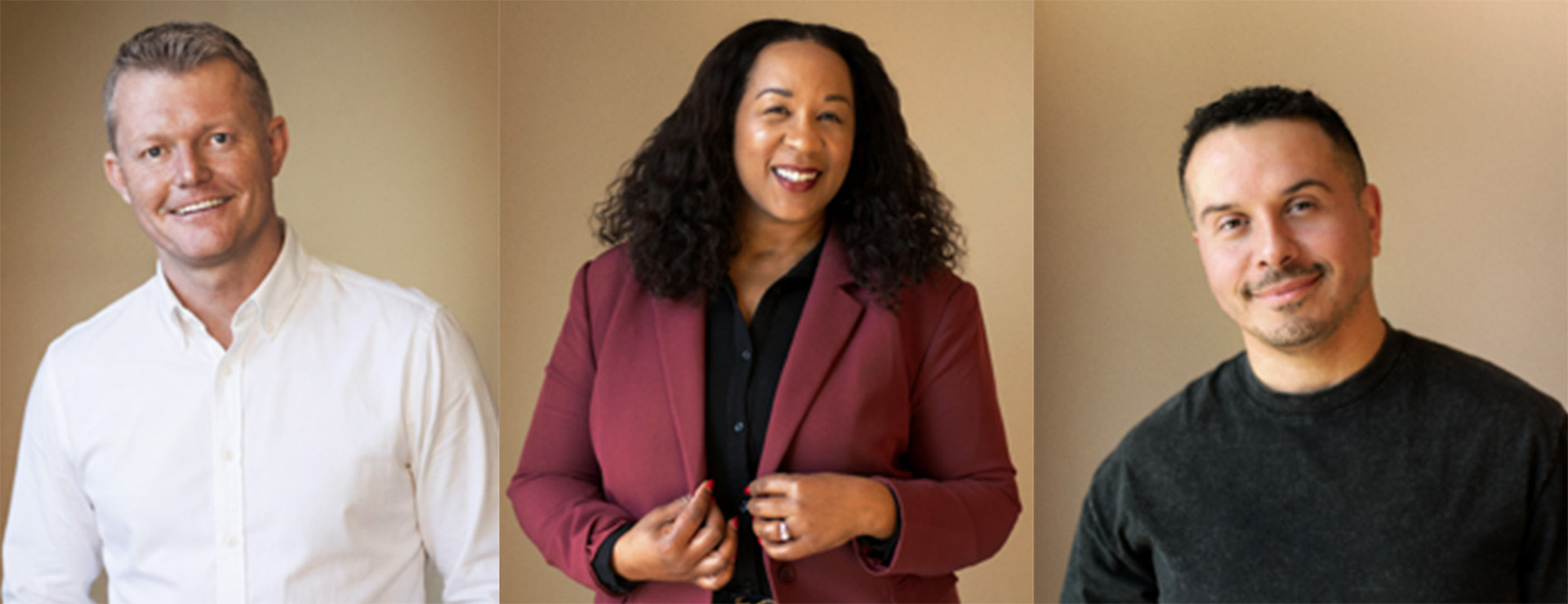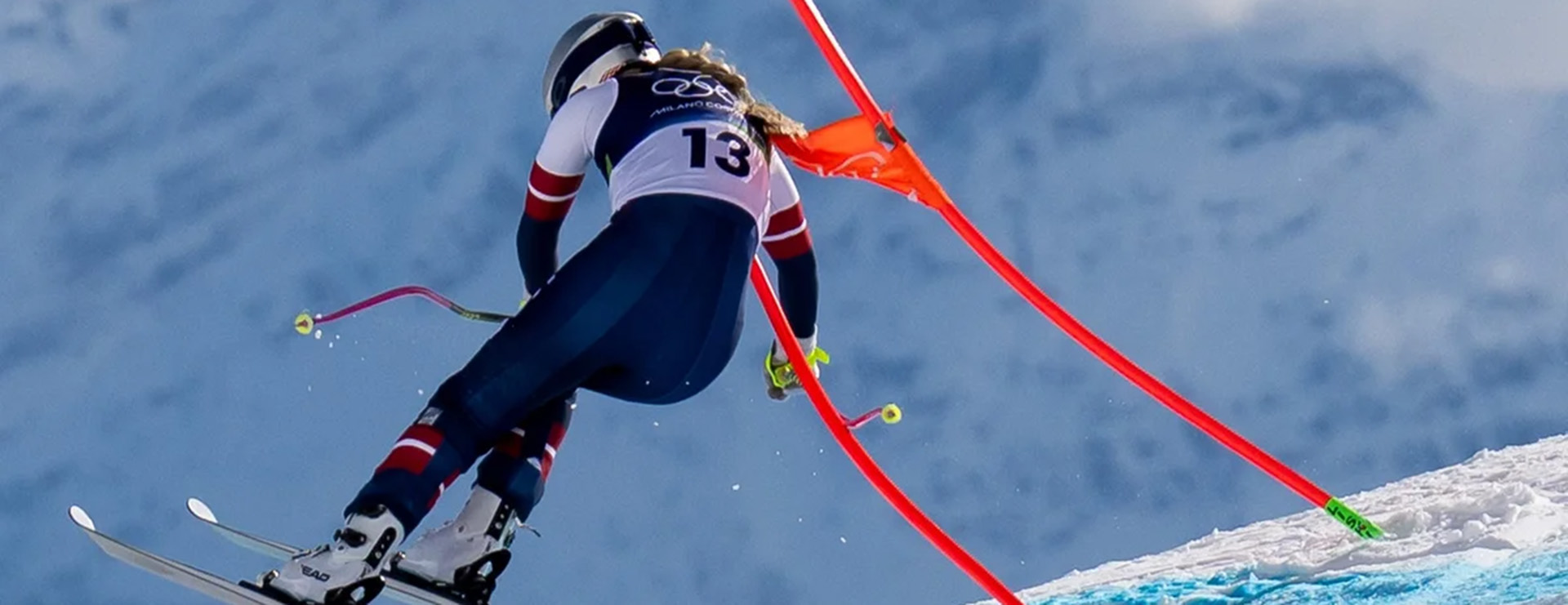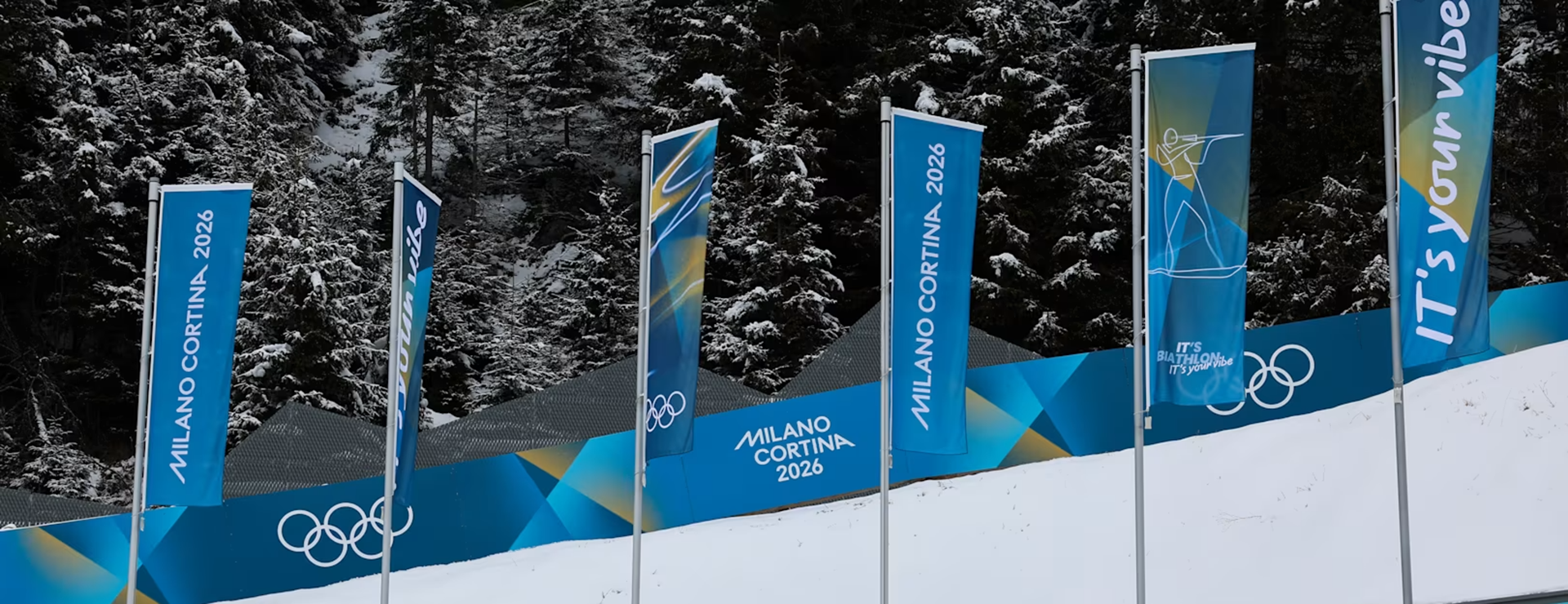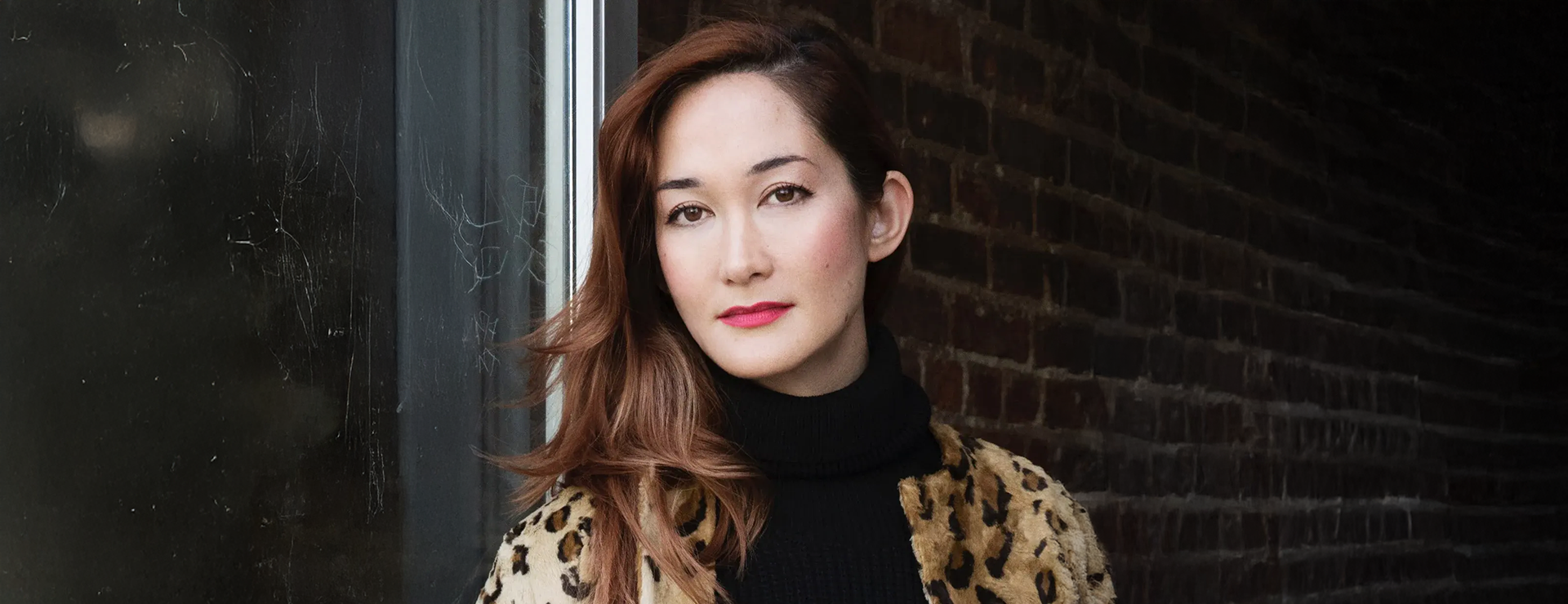When Jonathan Parks founded Alibi Music in 2011, he was already future-proofing the company without even knowing it.
The company was always set up to run as a virtual organization, with composers and musicians located all over the world, and producing and recording music from their homes and studios. When the pandemic hit in 2020 and everyone retreated to their homes, it was just business as usual for Alibi.
Parks also spent years developing a search engine designed to help creators find exactly the track for which they are looking, even if they don’t have a great idea of what they want when they start. And a couple of years ago, Parks extended the company’s client base from traditional TV, film and commercial producers to content creators, expanding the reach of the company’s music even further.
Parks spoke to Spotlight about his innovative take on production music and how he’s constantly refining the company’s approach.
Spotlight: How have you seen trends change in production and music since the pandemic, if at all, and how much has the new streaming environment changed the production-music business?
Parks: Even with the slowdown in the industry, with everything that's being created, there's endless need for licensable music. Whether it's trailers or commercials or TV shows or YouTube videos, there’s always something being made.
Spotlight: You opened up your music library to content creators a couple of years ago. How has that changed your business?
Parks: It takes quite a bit of technology to do that because [creators] require a more automated system than the professional clientele that make up our traditional clientele. With lower-tier project budget levels, where you kind of have to automate everything through a system and you need to have a website linked with accounting software and a CRM, it's basically starting an entirely new type of business.
Spotlight: Do you feel like the extra work that it's been to create that business has been worth it? Do you feel like it's paid off the investment?
Parks: Not yet, but we are in a really great growth stage with it.
Spotlight: How much of your business would you say is still traditional film and television production versus commercials versus this content creator business?
Parks: I'd say most of our business is traditional commercials, retailers, TV shows. We also do a lot of work directly with brands. Having this e-commerce site opens us up to more brands. We work directly with a lot of the big brands, and you have to be working with a pretty sizable company for them to even have a department that actually knows anything about music licensing.
Spotlight: Alibi has a unique way of providing music to clients. Could you talk about that?
Parks: I think Alibi did things differently from the beginning, with edit points and alt endings and ensuring peaks, valleys and builds to be able to utilize for storytelling. Then we have the stems and the alt mixes, which we started incorporating over a decade ago. When we started this 10 years ago, we thought it was maybe only trailer editors that would need those types of things. But we’ve found that most of the shows we see that are scored with Alibi are mostly putting stems together, rather than using full tracks.
Spotlight: Why does that give producers more control?
Parks: They can use a string stem and then build it up to a point with additional layers. They can do that with either stems or by cutting the alt mixes together. The alt mixes are actually easier to use than the stems for that purpose. We're the only company doing that to that extent. It's one of the reasons people like using this because they have a little more flexibility. We offer a lot more flexibility than I've ever seen anywhere else.
Spotlight: Can you talk about the custom search engine you’ve built to help people quickly narrow down their searches and find the type of music for which they are looking?
Parks: I've always personally used negative search. I had to hack ways of doing it to find stuff. I find that way easier to find anything quickly.
Oftentimes you don't really know what you want when you're looking for creative assets, but you definitely know what you don't want. Take a very broad term like rock, and even if you have something specific in mind, there's so many overlapping terms. So say you need upbeat rock and l then something aggressive or distorted comes through. You can put ‘exclude aggressive and distorted,’ or whatever, from the search, and you’ve just narrowed down your results quite a bit.
I'm a huge fan of negative searching – or exclusion – when it comes to searching for creative assets, especially when you don't really know what you’re looking for.
We also have our search by mix site. We have, I think, nine standardized mixes, including one full instrumental track. But we also have mixes with no drums, or no leads. We even have a Christmas mix for everything. For all of those mixes, we have :30, :15 and :5s. You can search just by instrumental or just by rhythm mix. So, the sparse mix may sound like a new age track, while the full mix sounds like a heavy metal track.
[Editor’s note: Users can enter a link of a song of their choice from YouTube and the system will find tracks that sound similar. Each of those tracks has all of those different versions to choose from, whether that’s “sparse rhythm,” “drums and base” or “radio edit.” Producers can pick and choose depending on their needs.]
It probably took about eight years to perfect this and then building the website around that data took about three years.
Spotlight: Can you give us an example of how people can build sort of custom tracks using your system?
Parks: You could take our sparse rhythm mix and then cut into that our sparse mix, and then cut into that our rhythm mix and then finally come to our full mix. You can just do that in one session layer, rather than having 12 session layers of stems. People can do that in whatever editing software they choose to use, whether that’s Avid, Premiere or DaVinci. [Editor’s note: Alibi offers a custom Adobe Premiere Pro extension on its website so that creators can directly import licensed music into their project from Alibi.]
Spotlight: So on one side, you have this vast and searchable database of tracks where people can sort of self-serve. On the other side, do you guys also do custom music?
Parks: Yes, we have a roster of about 420 artists and composers in 23 countries. That makes it very easy to find who's great for what, using the music they have in their catalog to cross-reference with the clients’ needs. We always tap into the people who most specialize in the type of music for which the client is looking.
Spotlight: Can you walk me through the process when a client comes to you and they want a custom work or a custom score. How do you lead them to where they need to go to understand what it is that they want?
Parks: The first step is really just talking through what the project is, understanding the audience, the emotion behind it, what the reach is, what they're trying to say, and then pinpointing with them what kind of tone, emotionality and general sound they're looking for. Then it plays up the line of all the cooks in the kitchen who have opinions. And then we just tweak it until they find the version they love.
Spotlight: How do you record the music? Do you have your own studios and your own musicians?
Parks: We all work remotely. Some composers work with partners in real time in the same space, but we bounce around sessions a lot, so a violinist can record, and a drummer can record, and it's a lot of live instrumentation, but not very often done in the same room.
Spotlight: Are there any projects to which you've contributed music lately that you would like to mention?
Parks: ID’s The Curious Case of Natalia Grace is one I personally really liked watching, and that is scored primarily with Alibi’s music. We're kind of everywhere. I hear us any time I turn on the TV.


